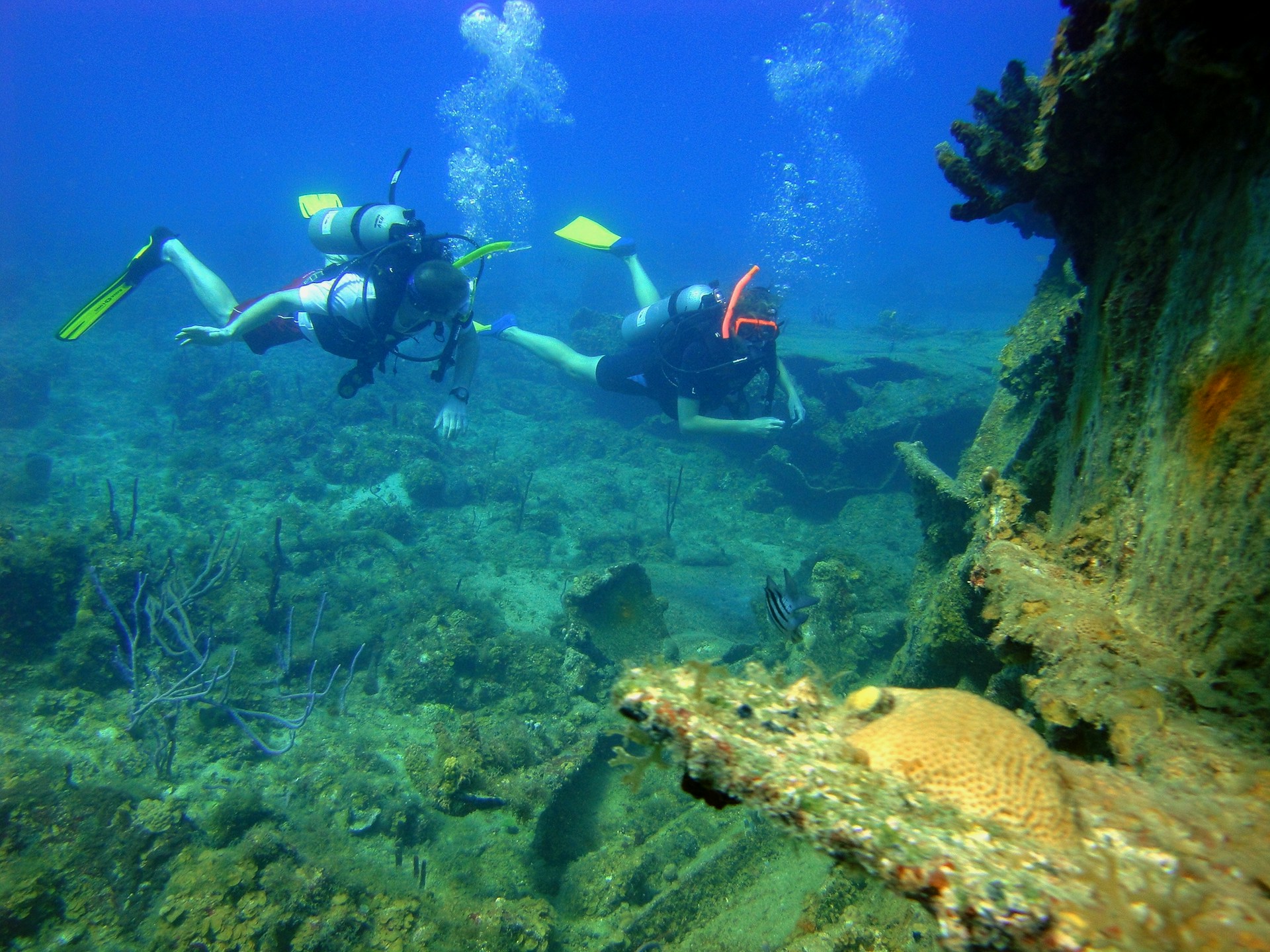Media release
From:
Climate change: Reef buffers at risk owing to warming (N&V)
Over 70% of coral reefs in the tropical western Atlantic Ocean are projected to be in a state of erosion by 2040, increasing to nearly all reefs in 2100 if warming exceeds 2 °C above preindustrial levels, a study in Nature suggests. Such reductions in reefs are also expected to exacerbate the impacts ofsea level rises. The results indicate that strategies for both reef restoration and climate mitigation are needed to reduce reef loss.
Coral reefs can protect coastal areas from flooding by dissipating wave energy at shallow depths, but this function is threatened by climate change. Warming temperatures may impair reef growth, and warming-related rises in sea level will mean that the reefs have a reduced buffering effect. Understanding the extent to which increasing sea level will affect reef growth will help with predicting risks to tropical shorelines and nearby ecosystems.
To address this question, Chris Perry and colleagues analyse fossil reef deposits to determine coral reef growth ratesat more than 400 reef sites located across the tropical western Atlantic. They combine these data with estimates of sea-level rise to project future interactions between reef growth and rates of sea level rise through to 2100 under different emissions scenarios. Predicted effects of heat stress and acidification on reef erosion rates are factored into the calculations. The authors estimate that over 70% of tropical western Atlantic reefs will transition into net erosional states by 2040, increasing to virtually all reefs in 2100 if warming exceeds 2 °C. In addition, water depths are estimated to increase by around 0.3–0.5 m by 2060, or up to 1.2 m by 2100 if warming exceeds 2 °C, resulting in increased risk of flooding to nearby coastal areas.
Although reef restoration efforts might address the projected losses, they may only reduce sea-level rise by 0.3–0.4 m and only if used in combination with climate mitigation strategies, the authors note. They conclude that keeping warming below 2 °C is critical to limit the effects of sea-level rise on reef-fronted coastlines.
Expert Reaction
These comments have been collated by the Science Media Centre to provide a variety of expert perspectives on this issue. Feel free to use these quotes in your stories. Views expressed are the personal opinions of the experts named. They do not represent the views of the SMC or any other organisation unless specifically stated.
Dr Christopher Cornwall, Senior Lecturer in Marine Biology and study co-author, Victoria University of Wellington, comments:
"This work has relevance to coral reefs across the tropical ocean of our world. It also is of importance to the same corals that reside within Aotearoa’s waters in the Kermadecs. Corals are under threat from ocean acidification and ocean warming, as well as associated marine heatwaves. These marine heatwaves cause mass bleaching of corals, which we predict will increase in frequency and intensity over the coming decades, especially if we emit more greenhouse gases. At the same time, ocean warming and acidification will inhibit the ability of corals and calcifying seaweeds to make their calcium carbonate skeletons. Together, these stressors will reduce the ability of coral reefs to form. Not just in the Caribbean, the focal site of this study, but globally."



 New Zealand; International
New Zealand; International



